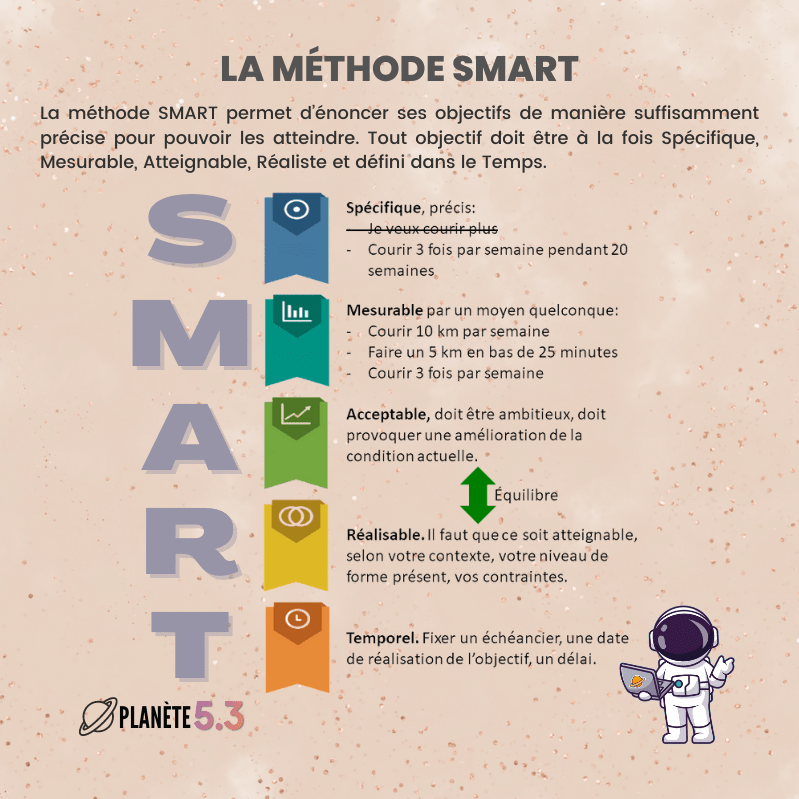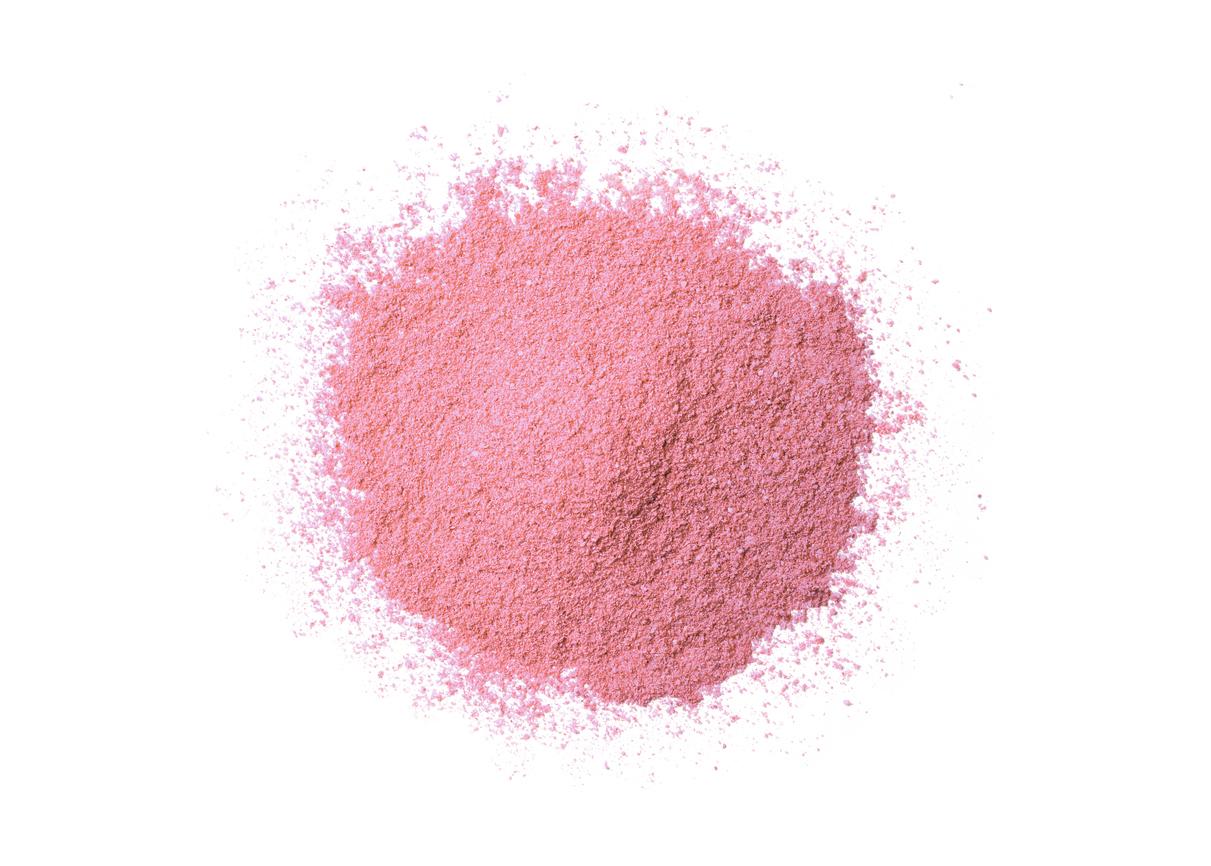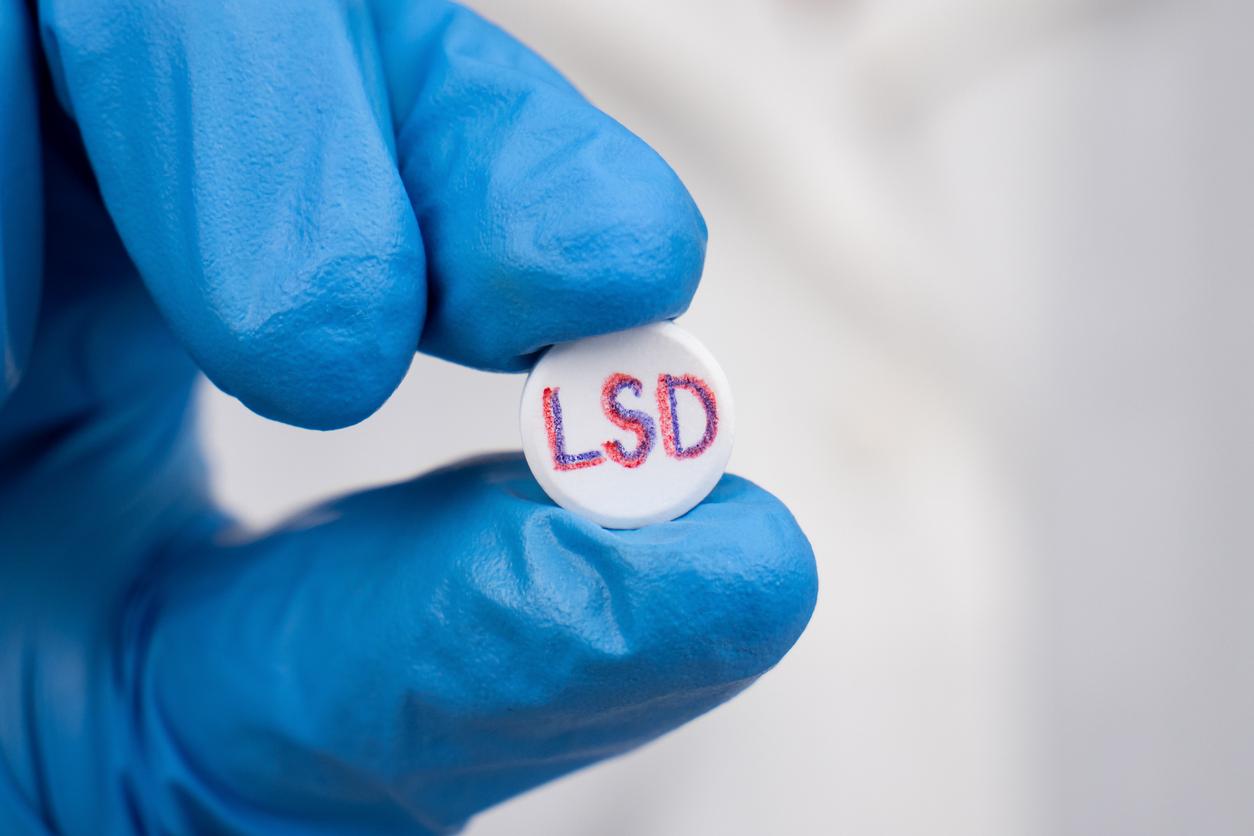Imagine that advancements in new technologies give you a complete blood test or control your pulse only with a battery housed in your body. These batteries of the future are becoming reality if we judge the invention of Christopher Bettinger of Carnegie Mellon University in the United States. The scientist has succeeded in developing a biodegradable battery, which dissolves naturally in the body after fulfilling its mission.
The solution is found in the melanin extracted from squid ink. “Instead of electrolytes (conductive substances) made of lithium and toxic materials, we have chosen simple components of biological origin,” explains Dr. Bettinger, in the high-tech journal MIT Technology review.
What will these natural and “edible” batteries be used for in practice? Conventional batteries are not without risk to health when ingested except in certain cases where they are put in some sort of protective casing but which must be removed surgically.
These new generation batteries have the advantage of being swallowed or implanted in the body without any damage to health. One can imagine that these devices will then be able to monitor the evolution of an injury and / or a disease and release drugs. These batteries could also facilitate the installation of sensors and pacemakers, continues the MIT technology review.
This prototype, still under study, is not the first “edible” scientific tool to have been imagined. Recently, an American company created a pill equipped with sensorswhich sends a signal to the doctors to inform them that the patient has taken his medication.
















